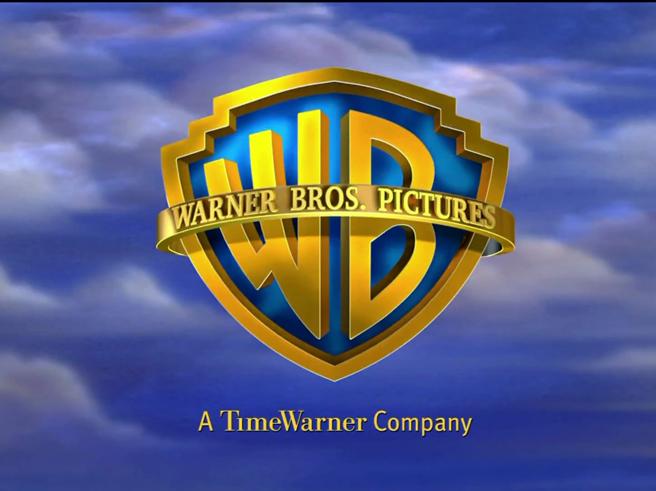Warner Bros. Discovery (WBD) experienced a decline of 1.8 million streaming subscribers in the latest quarter, coinciding with the launch of its combined streaming service Max.
The combined Direct-to-Consumer (DTC) numbers for HBO, Discovery+, and the Love & Death streaming service Max, which was introduced in May, decreased to 95.8 million by the end of Q2 2023, down from 97.6 million at the close of the first quarter.
Streaming revenue surged to $2.73 billion, marking a 14% increase from the previous year’s $2.22 billion, fueled by a 25% growth in ad revenue resulting from year-on-year subscriber expansion.
WBD also highlighted that content revenue saw “significant” growth driven by specific library licensing agreements.
Streaming lossess
However, streaming losses amounted to $3 million for the quarter, a notably smaller sum compared to the $518 million loss during the same period in 2022, though it still contrasts with the $50 million profit reported in Q1 2023.
Nonetheless, WBD’s President and CEO, David Zaslav, noted that the DTC business is exceeding financial projections in the introduction to the Q2 2023 earnings release.
Network Declines WBD’s network segment revenues dipped to $5.76 billion, a 5% decrease compared to the prior-year quarter.
Distribution revenue also slipped by 1%, primarily due to “increases in US contractual affiliate rates,” which were overshadowed by declines in US pay-TV subscribers.
Advertising revenue within the network segment also fell by 13%, attributed to audience decreases in domestic general entertainment and news networks, along with sluggish advertising markets primarily in the US but also globally.
WBD stated that the absence of the NCAA March Madness Final Four and Championship this year, which had been broadcast in the prior year, adversely affected year-over-year growth. Content revenue saw an 18% increase, driven by “inter-segment content licensing to DTC.”
Cash Flow & Writer’s Strike Total WBD second-quarter earnings rose by 22% to $2.15 billion, although revenues dropped by 4% to $10.36 billion.
The net loss narrowed to $1.24 billion from $1.86 billion in the previous quarter, and a significant decrease from $3.4 billion a year ago. This figure includes $1.66 billion of pre-tax amortization from acquisition-related intangible assets and $146 million of pre-tax restructuring expenses.
The quarter
During the quarter, the company generated $1.7 billion of free cash flow and anticipates a similar figure in Q3. Zaslav indicated during the earnings call that their efforts to transform the business have led to substantial improvements in their balance sheet and the pursuit of a synergy target exceeding $5 billion.
These cost-saving endeavors, which included substantial workforce and content reductions, seem to be yielding results. WBD revealed it repaid $1.6 billion of debt in Q2 and ended the quarter with $3.1 billion in cash on hand. A debt tender offer for up to $2.7 billion was launched by WBD.
Zaslav also disclosed that the company saved around $100 million in the quarter due to the Writers Guild of America strike.
Speaking ahead of the union’s renewed talks with US studios, Zaslav expressed optimism about negotiations and the resolution of the strikes in a manner that equitably compensates writers and actors while recognizing their contributions.
He concluded, “We all need to work together to find a resolution.”








